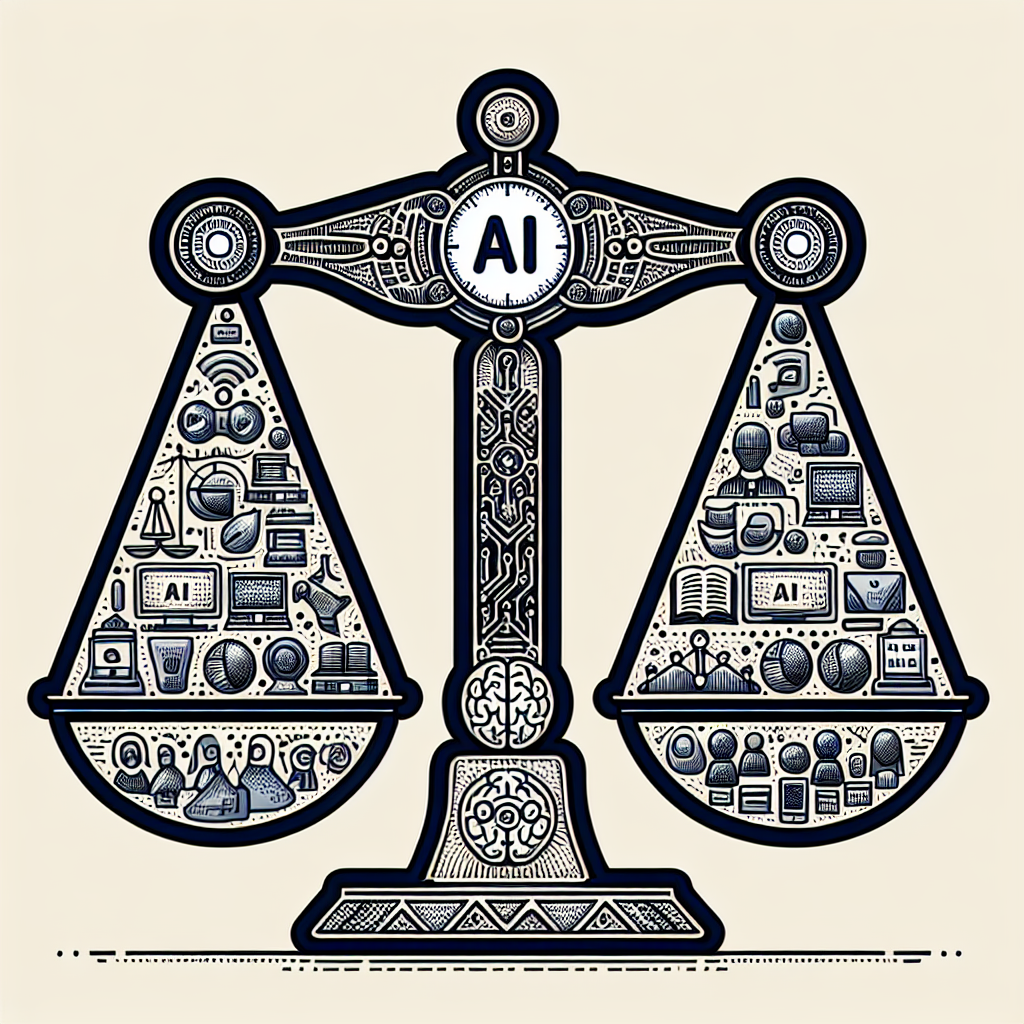The Role of AI Automation in Education Equity
In recent years, there has been a growing focus on the importance of education equity, or the idea that every student should have access to the resources and opportunities they need to succeed in school. Education equity is essential for ensuring that all students, regardless of their background or circumstances, have an equal chance to excel academically and reach their full potential. One of the key tools that has emerged to help promote education equity is artificial intelligence (AI) automation.
AI automation refers to the use of artificial intelligence technology to automate tasks and processes that would otherwise be done by humans. In education, AI automation can be used to personalize learning experiences for students, improve teacher efficiency, and provide targeted support to students who may be struggling academically. By leveraging AI automation in education, schools and educators can help level the playing field for all students and promote greater equity in the classroom.
Personalizing Learning Experiences
One of the key ways that AI automation can promote education equity is by personalizing learning experiences for students. Every student has unique strengths, weaknesses, and learning styles, and AI automation can help educators tailor instruction to meet the individual needs of each student. For example, AI-powered learning platforms can analyze student performance data to identify areas where a student may be struggling and provide targeted resources and support to help them improve. This personalized approach to learning can help ensure that all students have the opportunity to succeed, regardless of their background or previous academic performance.
Improving Teacher Efficiency
AI automation can also help improve teacher efficiency, allowing educators to spend more time working directly with students and less time on administrative tasks. For example, AI-powered grading systems can automatically grade assignments and provide feedback to students, freeing up teachers to focus on providing personalized support and instruction. By automating routine tasks, AI can help teachers be more effective in the classroom and better meet the needs of all students, regardless of their background or circumstances.
Providing Targeted Support
Another way that AI automation can promote education equity is by providing targeted support to students who may be struggling academically. AI-powered learning platforms can analyze student performance data in real-time to identify students who may need additional help or intervention. For example, if a student consistently performs poorly on math assignments, the AI system can flag this issue and provide targeted resources and support to help the student improve. By identifying and addressing learning gaps early on, AI automation can help ensure that all students have the support they need to succeed in school.
FAQs
Q: How can AI automation help promote education equity?
A: AI automation can help promote education equity by personalizing learning experiences for students, improving teacher efficiency, and providing targeted support to students who may be struggling academically. By leveraging AI technology in education, schools and educators can help level the playing field for all students and promote greater equity in the classroom.
Q: What are some examples of AI automation in education?
A: Some examples of AI automation in education include AI-powered learning platforms that personalize learning experiences for students, AI-powered grading systems that automate the grading process, and AI systems that provide targeted support to students who may be struggling academically.
Q: How can schools and educators implement AI automation in education?
A: Schools and educators can implement AI automation in education by investing in AI-powered learning platforms, grading systems, and other AI tools that can help personalize learning experiences, improve teacher efficiency, and provide targeted support to students. It is important for schools to provide training and support to educators to help them effectively integrate AI technology into their teaching practices.
Q: What are some potential challenges of implementing AI automation in education?
A: Some potential challenges of implementing AI automation in education include the need for adequate training and support for educators, concerns about data privacy and security, and the potential for AI technology to perpetuate biases or inequalities. It is important for schools and educators to carefully consider these challenges and work to address them proactively when implementing AI automation in education.

